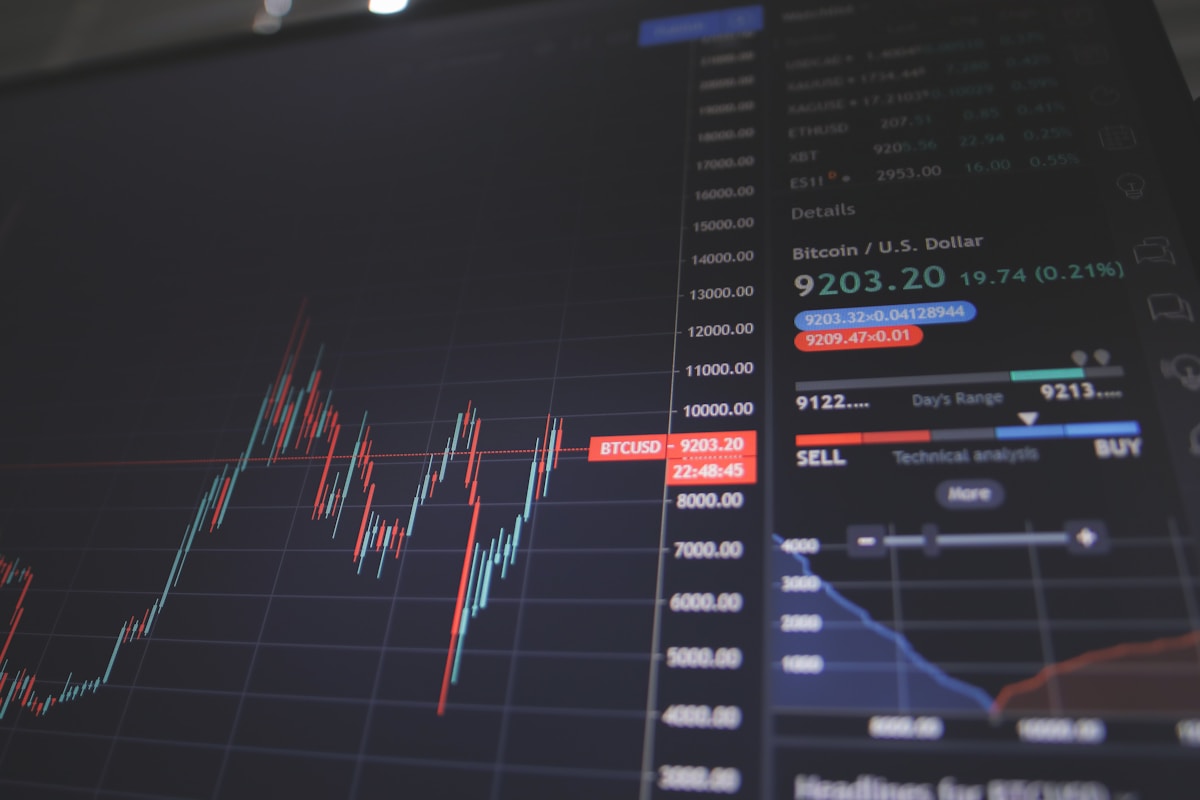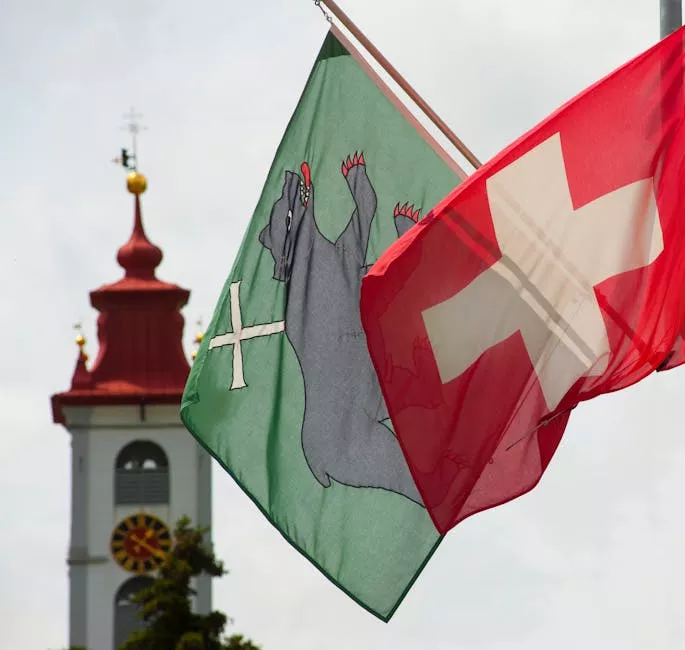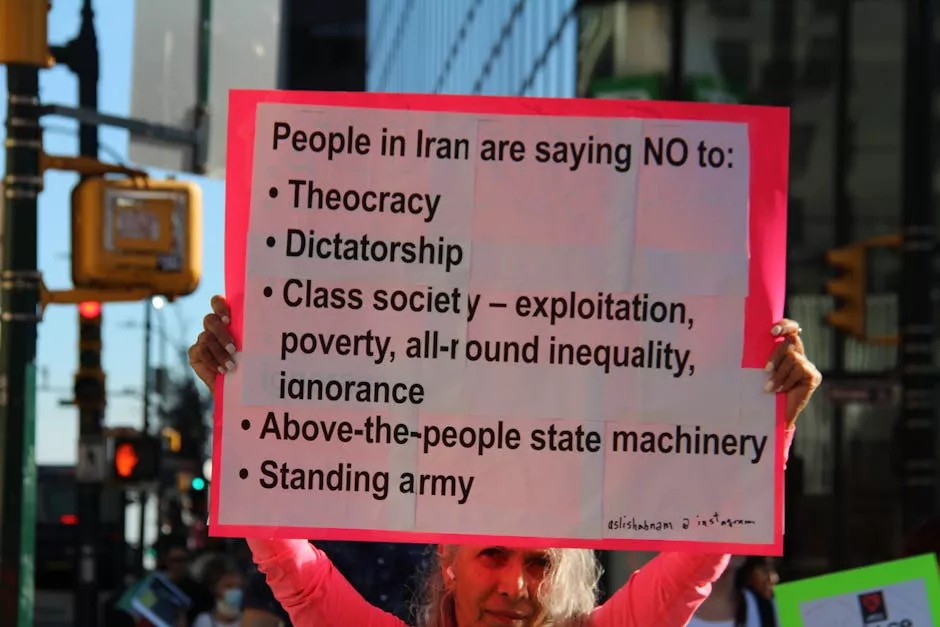Fake Weight Loss Drugs Surge as Celebrity-Backed Ozempic Creates Global Crisis
Celebrity endorsements drive massive demand for weight loss drugs, fueling dangerous counterfeit market across wealthy nations despite serious health risks.

The global appetite for weight loss medications has reached unprecedented levels, creating a dangerous parallel economy of counterfeit drugs that poses significant health risks and regulatory challenges across high-income nations. Celebrity endorsements from high-profile figures like Elon Musk and tennis champion Serena Williams have catapulted medications such as Ozempic and Zepbound into mainstream consciousness, generating demand that legitimate pharmaceutical supply chains struggle to meet.
The Celebrity Effect and Market Disruption
The transformation of prescription diabetes medications into coveted weight loss solutions represents a fascinating case study in how celebrity influence can reshape global pharmaceutical markets. When public figures openly discuss their experiences with these drugs, the ripple effects extend far beyond individual health choices, creating geopolitical implications for international trade, regulatory frameworks, and public health security.
This celebrity-driven demand has exposed critical vulnerabilities in the pharmaceutical supply chain architecture of developed nations. Countries that typically maintain robust regulatory oversight find themselves grappling with sophisticated counterfeit operations that exploit the gap between supply and demand. The phenomenon highlights how social media influence and celebrity culture can inadvertently compromise national health security infrastructure.
Cross-Border Implications and Regulatory Challenges
The counterfeit weight loss drug trade operates across international boundaries, creating complex jurisdictional challenges for law enforcement and regulatory agencies. Criminal organizations have adapted quickly to capitalize on this lucrative market, establishing supply chains that mirror legitimate pharmaceutical distribution networks while evading traditional enforcement mechanisms.
High-income countries face a particular paradox: their sophisticated healthcare systems and regulatory frameworks make them primary targets for counterfeit drug operations, as consumers in these markets have both the purchasing power and the trust in pharmaceutical solutions that criminal enterprises seek to exploit. This creates a geopolitical tension where nations must balance accessibility to innovative treatments with protection against fraudulent alternatives.
Health Diplomacy and International Cooperation
The crisis demands enhanced international cooperation mechanisms, as counterfeit operations often involve manufacturing in one jurisdiction, distribution through another, and sales in target markets across multiple countries. This necessitates new forms of health diplomacy and regulatory harmonization that transcend traditional bilateral relationships.
The long-term implications extend beyond immediate health risks to questions of pharmaceutical sovereignty and the resilience of national healthcare systems against market manipulation. As demand continues to outstrip supply, the counterfeit market threatens to undermine public confidence in legitimate pharmaceutical channels, potentially destabilizing broader healthcare delivery systems in affected nations.





